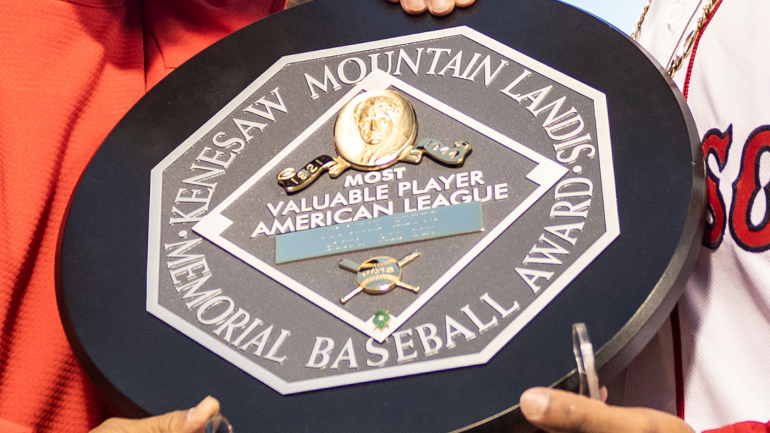
I have received a lot of mail seeking my reaction to a judge reinstating Tom Brady and vetoing Roger Goodell’s harsh punishment decree. My reaction is that this is bad for football, the NFL, and the culture, and one more step toward validating cheating as an accepted cultural norm, not just in sports, but in the nation itself. Once upon a time, sports were supposed to model good sportsmanship, integrity and fairness. This episode demonstrates how far from that we have come. It is a serious and troubling development.
From a legal standpoint, I get it. I assumed that Goodell knew the limits on his own power: silly me. Apparently the NFL’s labor deal neutered the absolute power of a Commissioner to do what he felt was necessary to protect the integrity of pro football. Unions seldom care about the integrity of their game, at least not when their members’ money is involved. The original sports league commissioner, baseball’s Judge Kenesaw Mountain Landis—Damn! Why didn’t we name our son “Mount McKinley Marshall”?—banned Shoeless Joe Jackson and his team mates from baseball forever after a jury had acquitted them of throwing the World series for bribes. His drastic action probably saved baseball, and has influenced the sport to this day. Goodell’s failure, in contrast, promises to do lasting harm.
Remember, the judge didn’t exonerate Brady; he just ruled that Goodell didn’t have the power to punish him. There is no doubt in my mind that Brady cheated, just as there was no doubt in the NFL’s investigator’s mind. There is also no doubt that you could not prove Brady’s guilt beyond a reasonable doubt. The idea behind absolute power in a sports commissioner is that sports contests must be viewed as being fair or people will stop watching, and any hint of cheating and corruption must be banished. I agree with that idea. Baseball flunked its most crucial recent test when Bud Selig didn’t have the guts to pull Barry Bonds off the field when he was breaking records on steroids (and everyone knew it); pro football has been flunking one test after another. Society is becoming more cynical and more tolerant of cheating, and I think professional sports are as much a cause as a symptom.
Why am I convinced Brady cheated? Many factors, none of which individually are conclusive:
- The conditions under which the cheating took place: bad weather, a play-off game, the team behind.
- The Patriots’ well-established contempt for the rules.
- The fact that a quarterback knows the feel of his tool, footballs, and that an experienced one like Brady could not possibly have been unaware that the balls he was throwing were even a little bit underinflated.
- Brady’s evasive, smug, wink-wink ha-ha demeanor in multiple venues regarding the incident, like a high school jerk who knows he’s getting away with something and thinks its hilarious.
- The immediate “everybody does it” defense from Brady’s fellow quarterbacks. (That’s not a defense. That’s an admission.)
- The “it didn’t matter, they would have won anyway” defense from the same quarters. This is also an admission of cheating. Cheating is wrong whether it works or not, and whether it is necessary or not. NFL fans don’t even know what’s wrong with cheating any more….because the players don’t.
- Some of the absurd defenses raised by Brady’s defenders, including his team, like the argument that one of the equipment guys involved in the incident was only called “the Deflator” in a contemporaneous text message because he was on a diet.
- The fact that Brady destroyed his cell phone to avoid its contents being searched. This is spoliation, the destruction of potentially incriminating evidence, and suggests, but doesn’t prove, guilt. If he had done it in a criminal investigation, it would have been itself a crime. Ethically, the act is just as wrong whether it is a crime or not. (See: Clinton, Hillary)
I believe most Patriots fans know he cheated too. They just don’t care: he’s their star, and the team won the Super Bowl. The ends justify the means. Continue reading →


